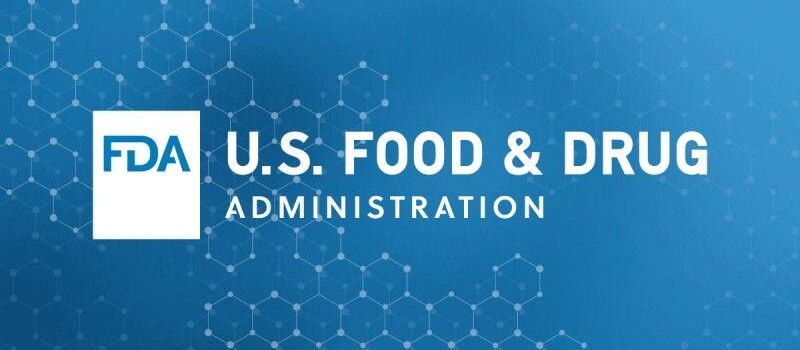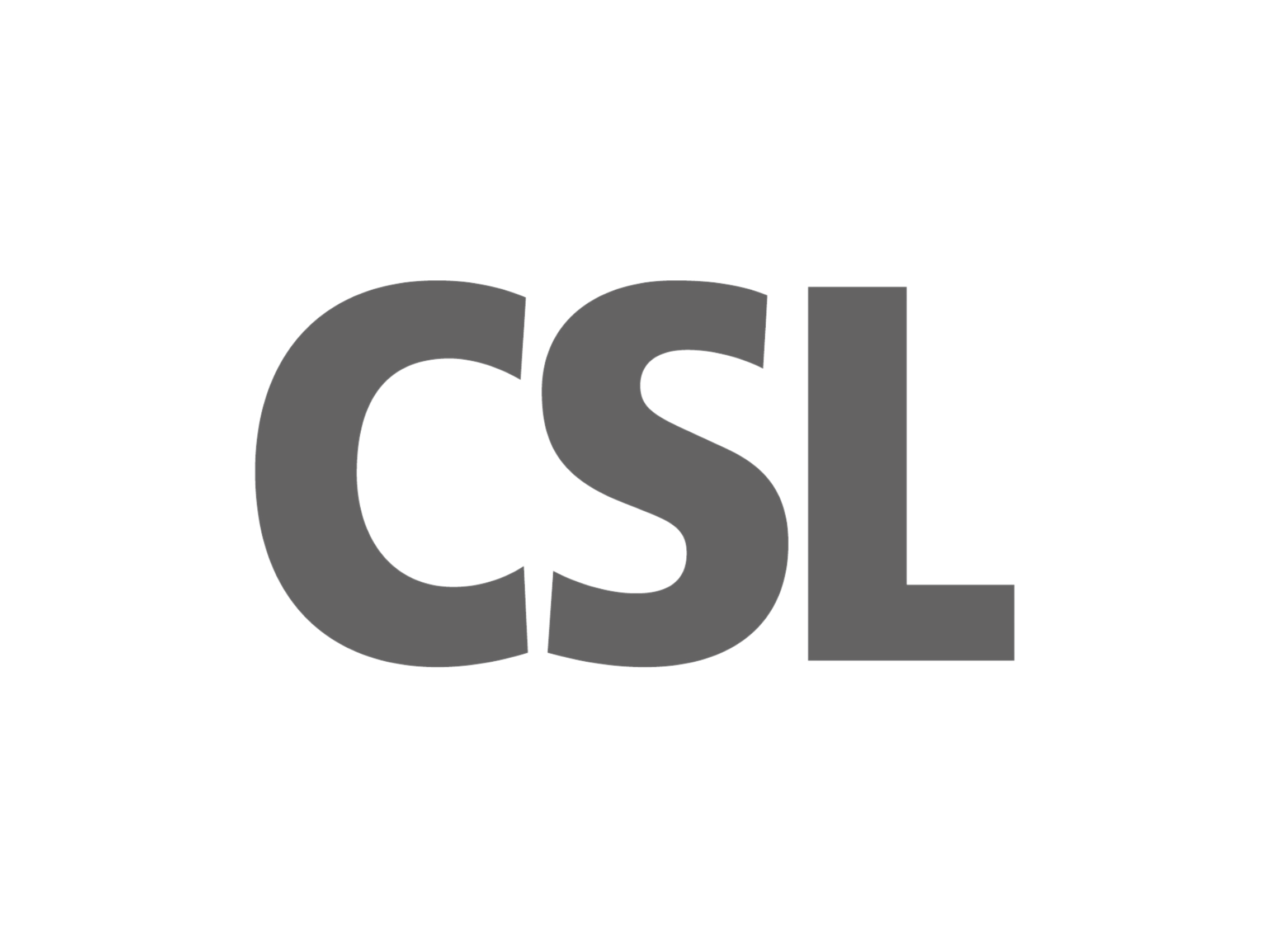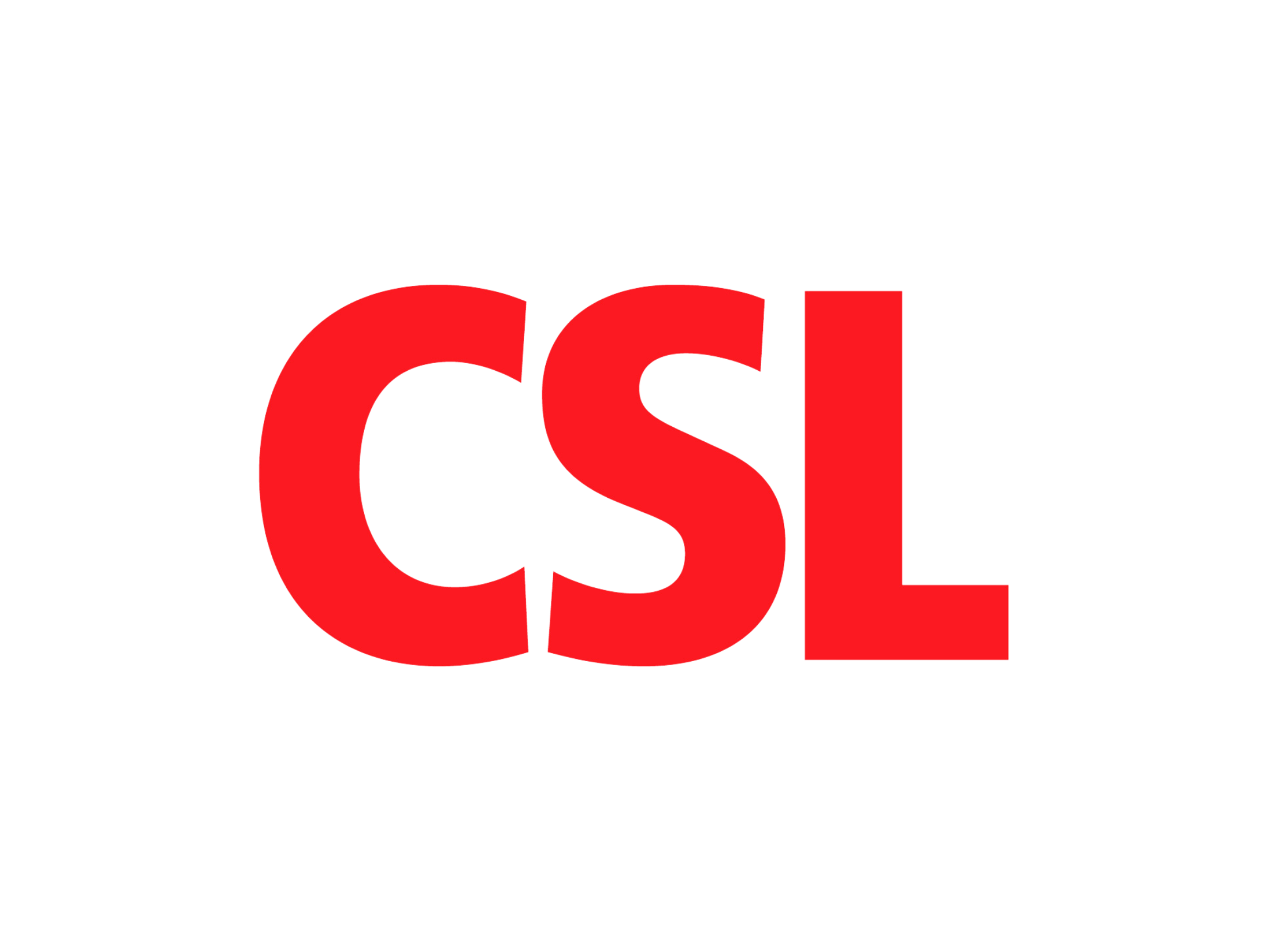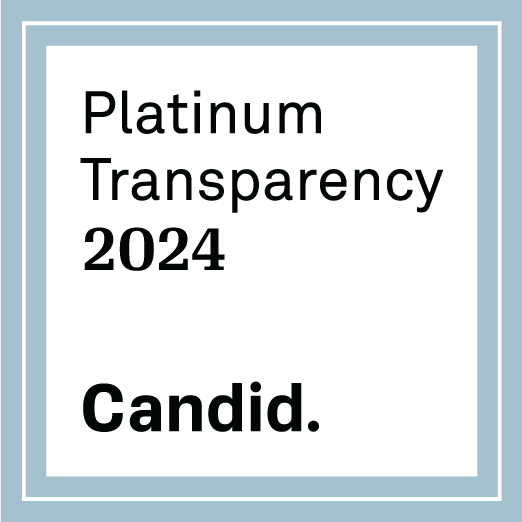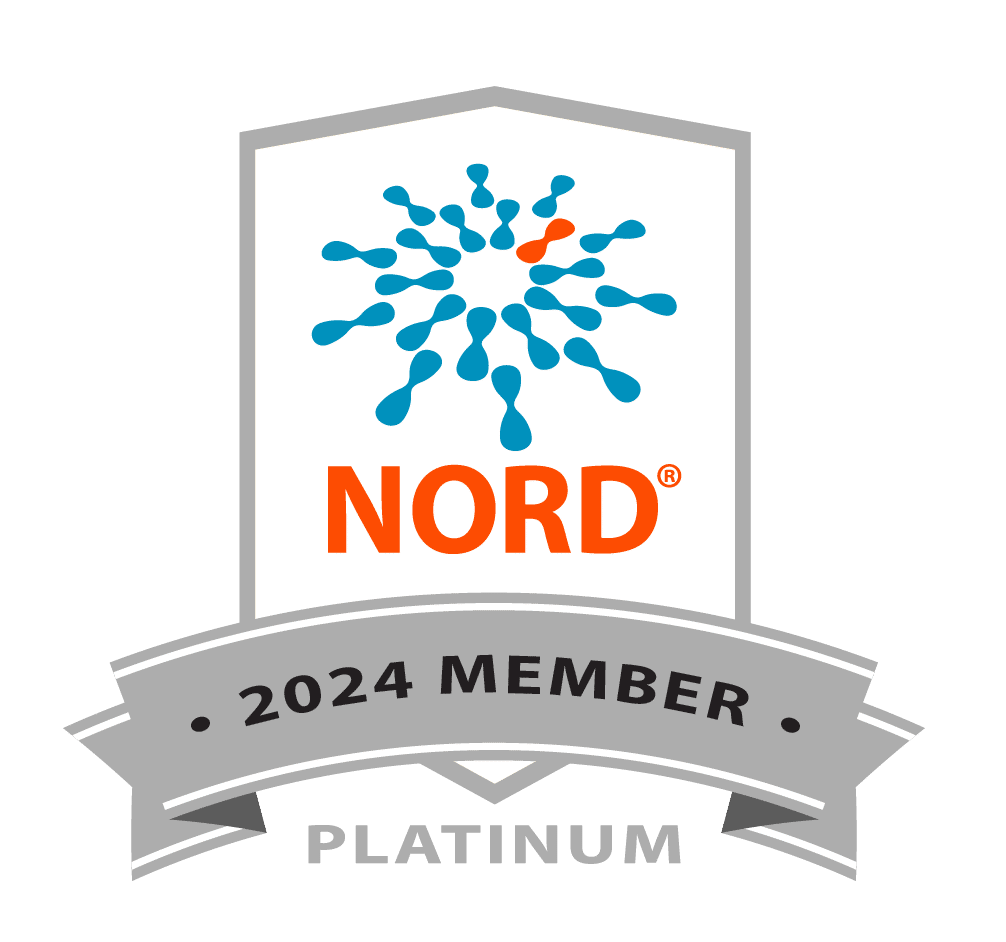Docket No. FDA-2024-N-3528
Advancing Rare Disease Therapies Through a Food and Drug Administration Rare Disease Innovation Hub; Public Meeting; Request for Comments
Statement of the Alpha-1 Foundation to the FDA on the Need for New Therapies for Alpha-1 Antitrypsin Deficiency
Alpha-1 Antitrypsin Deficiency (AATD) is a severe, often debilitating genetic disorder that primarily affects the lungs and liver. The deficiency of alpha-1 antitrypsin (AAT), a protective protein produced by the liver, leads to uncontrolled inflammation and tissue damage, resulting in conditions like chronic obstructive pulmonary disease (COPD), emphysema, and, in many cases, progressive liver disease. This condition affects tens of thousands of Americans, though it remains widely underdiagnosed, exacerbating the challenges faced by those living with it.
The current standard of care for Alpha-1 Antitrypsin Deficiency (Alpha-1) is plasma-based augmentation therapy, which involves weekly infusions of augmentation therapy derived from human plasma. While this therapy can slow the progression of lung damage, it is far from a cure and imposes a significant financial burden on patients, with annual costs ranging from $100,000 to $150,000. Moreover, this treatment does not address liver manifestations of the disease, leaving a critical gap in care.
Despite the clear need for more effective and comprehensive treatments, the development of new therapies has been hampered by the FDA’s reluctance to recognize CT densitometry as a valid surrogate endpoint in clinical trials. CT densitometry, which measures changes in lung density, is a highly sensitive tool that could serve as an early indicator of treatment efficacy, potentially speeding up the development and approval of new drugs. The Critical Path Institute, funded by the FDA, established an Alpha-1 program to develop such surrogate endpoints and biomarkers. However, progress has been stalled due to difficulties in securing data-sharing agreements from pharmaceutical companies, further delaying the arrival of next-generation therapies. Further, these efforts duplicate those already in process through investments made by the Alpha-1 Foundation.
The Alpha-1 Foundation has invested heavily in the infrastructure needed to advance therapeutic development, including the creation of a comprehensive patient and medical registry, funding of translational research grants, establishment of Clinical Resource Centers, and development of a Therapeutic Development Network of research physicians. These efforts are designed to support the discovery and testing of new treatments, as well as to facilitate patient recruitment for clinical trials. Despite these efforts and repeated workshops and meetings with top FDA officials, the Foundation has been unable to shift the FDA’s perspective on the critical need for new therapies or the adoption of innovative trial endpoints.
The FDA’s conservative stance on surrogate endpoints and associated failure to establish clear guidance for clinical trial outcomes has had a chilling effect on innovation in the Alpha-1 therapeutic space. Many biotechnology companies, discouraged by the lack of regulatory flexibility and the high financial risks associated with long, uncertain drug development timelines, have exited the marketplace. This has left Alpha-1 patients uncertain about new treatment options on the horizon and often without hope.
The current approach to Alpha-1 treatment-relying on plasma-based therapies that have been in use for decades-is not sufficient to address the full spectrum of the disease. The next generation of therapies, which hold the promise of more effectively managing or even curing Alpha-1, have not been approved or fast-tracked by the FDA, despite the urgent and unmet medical need. The Alpha-1 Foundation continues to advocate for a more flexible and forward-thinking regulatory environment that recognizes the unique challenges of Alpha-1 and the critical importance of developing new therapies.
In addition to the inadequacy of existing treatments for lung disease, there are currently no approved therapies that effectively address the liver complications of Alpha-1, leaving liver transplantation as the only option for patients who progress to end-stage liver disease. This is true for both pediatric and adult patients, further underscoring the necessity for new interventions. Without a therapeutic intervention for Alpha-1 liver disease it is uncertain whether Alpha-1 will ever be included on newborn screening panels which could prove beneficial in detection of the disease and early intervention.
Given these realities, we urgently call on the FDA to reconsider its position on surrogate endpoints like CT densitometry, to prioritize the approval and fast-tracking of new therapies for Alpha-1, and to collaborate more closely with organizations like the Alpha-1 Foundation that are dedicated to finding better solutions for patients. The stakes are high, and the need for new, life-saving treatments cannot be overstated. The FDA’s support is crucial in ensuring that innovative therapies reach the patients who so desperately need them.
To address the urgent need for new therapies in rare diseases like Alpha-1 Antitrypsin Deficiency (AATD), there are several regulatory tools and pathways that the FDA could utilize to accelerate therapeutic development. Below are recommendations for such tools, which could encourage innovation and reduce the time to market for life-saving treatments:
1. Acceptance of Surrogate Endpoints
- Recommendation: The FDA should reconsider its stance on surrogate endpoints, such as CT densitometry, for Alpha-1 lung disease. This could accelerate the approval process by enabling earlier indications of therapeutic efficacy in clinical trials. Surrogate endpoints are essential for rare diseases, where the progression of disease can be slow, traditional endpoints may take years to measure, and the large populations of patients that would be required to shorten the time needed to reach statistical significance for such endpoints are not available.
- Justification: Surrogate endpoints like CT densitometry provide a more sensitive and earlier measure of lung function decline. This would allow developers to demonstrate therapeutic impact more quickly and require fewer patients to do so, which is critical in reducing clinical trial duration and costs, thereby encouraging more companies to invest in Alpha-1 therapies.
2. Expanding the Use of Accelerated Approval Pathways
- Recommendation: The FDA should consider utilizing or expanding the Accelerated Approval pathway for therapies targeting Alpha-1. Under this pathway, therapies can be approved based on surrogate endpoints or intermediate clinical outcomes that are likely to predict clinical benefit.
- Justification: Alpha-1 therapies addressing both lung and liver manifestations could greatly benefit from an accelerated pathway, particularly given the limited number of patients and the slow progression of the disease. The use of surrogate endpoints, like CT densitometry for lung disease or appropriate liver biomarkers for liver disease, would enable earlier access to promising therapies.
3. Priority Review and Fast Track Designation
- Recommendation: The FDA should grant Priority Review and Fast Track designations to therapies addressing Alpha-1, particularly those targeting liver complications or novel treatment modalities beyond augmentation therapy.
- Justification: These designations can expedite both the review process and the development of therapies, providing Alpha-1 patients with quicker access to life-saving treatments. Given the unmet medical need, particularly for liver manifestations, granting these designations can incentivize pharmaceutical companies to invest in these therapies.
4. The rare pediatric disease (RPD) designation
- Recommendation: The rate pediatric disease voucher should be reauthorized and made available to address the needs of the rare pediatric liver disease in Alpha-1.
- Justification: These designations provide incentives for pharmaceutical companies to develop drugs for extremely and sometimes what is called ultrarare populations.
5. Adaptive Clinical Trial Designs
- Recommendation: The FDA should encourage the use of adaptive trial designs, which allow for modifications to trial protocols based on interim data. This flexibility can optimize trial efficiency, particularly in small patient populations.
- Justification: Given the rarity of Alpha-1 and the difficulties in patient recruitment, adaptive designs can help make trials more efficient by allowing for changes in dosage, endpoints, or patient stratification based on early trial results, thus speeding up the development process.
6. Real-World Evidence and Data Sharing Agreements
- Recommendation: The FDA should work with pharmaceutical companies and foundations like the Alpha-1 Foundation to facilitate data-sharing agreements and the use of real-world evidence (RWE) to support clinical trials and post-market studies.
- Justification: Real-world evidence, such as data from patient registries or ongoing use of plasma-based therapies, could provide critical insights into long-term treatment efficacy and safety. Facilitating data-sharing agreements would help accelerate the development of new biomarkers and surrogate endpoints, leading to quicker drug approvals.
7. Newborn Screening and Expanded Access Programs
- Recommendation: The FDA should collaborate with other agencies to include Alpha-1 on newborn screening panels and promote expanded access programs (EAPs) to make investigational therapies available to patients outside of clinical trials.
- Justification: Early detection through newborn screening could significantly alter the course of the disease by enabling earlier therapeutic interventions. Expanded access programs could offer Alpha-1 patients treatment options while therapies are still in development, improving quality of life for those with severe manifestations.
To accelerate the development of new therapies for Alpha-1 Antitrypsin Deficiency, regulatory flexibility and the adoption of innovative trial designs, surrogate endpoints, and accelerated pathways are critical. The FDA’s collaboration with the Alpha-1 Foundation and other stakeholders in recognizing the urgent need for more comprehensive therapies will help foster an environment conducive to innovation. By employing these regulatory tools, the FDA can ensure that new treatments reach patients more rapidly, fulfilling an unmet medical need and offering hope to those suffering from this debilitating condition.
